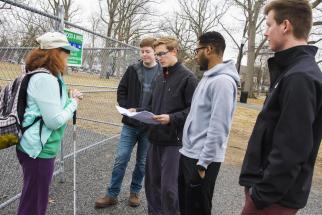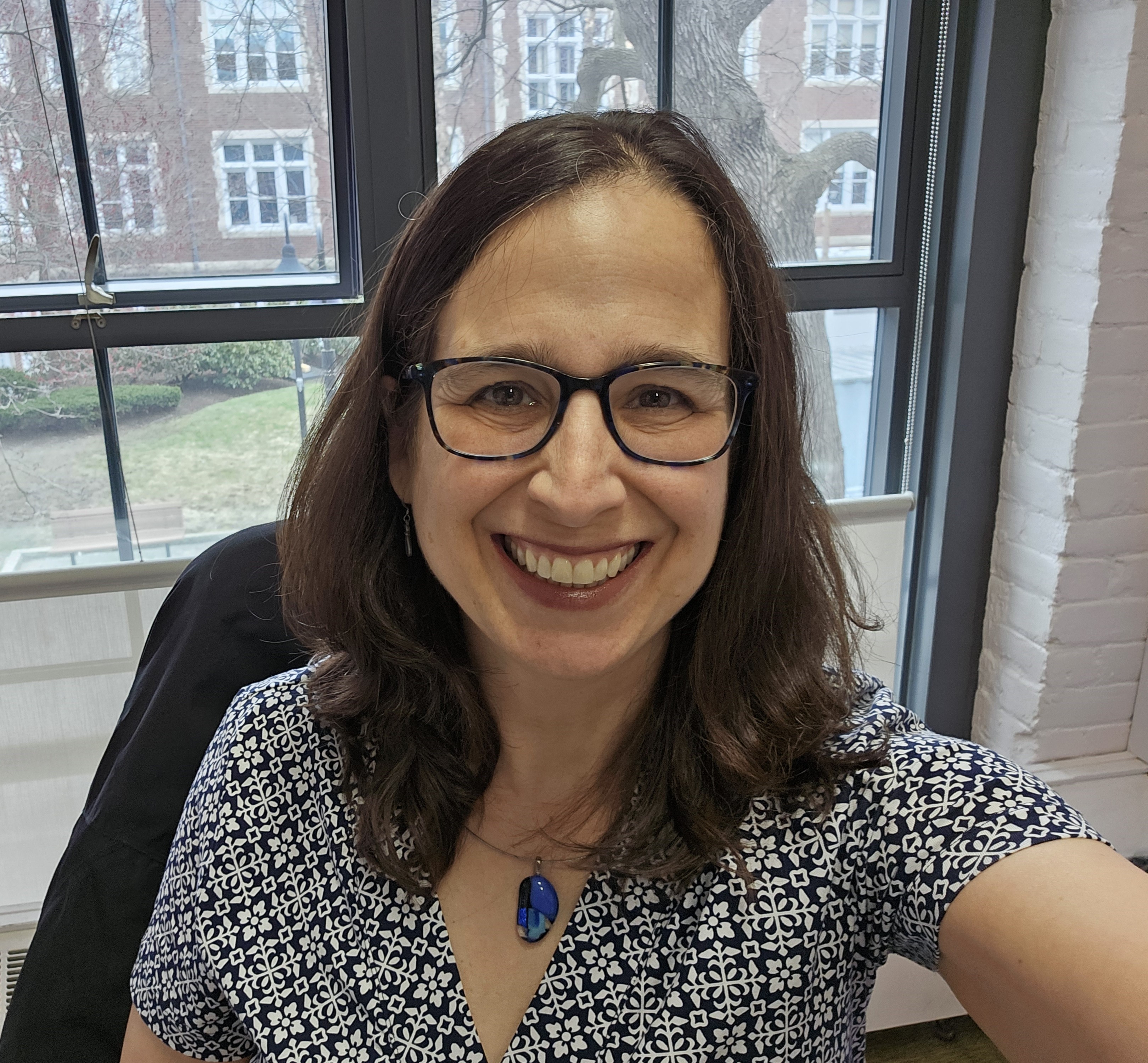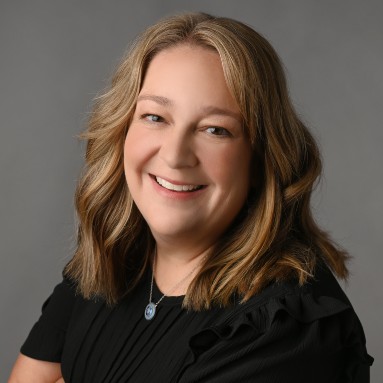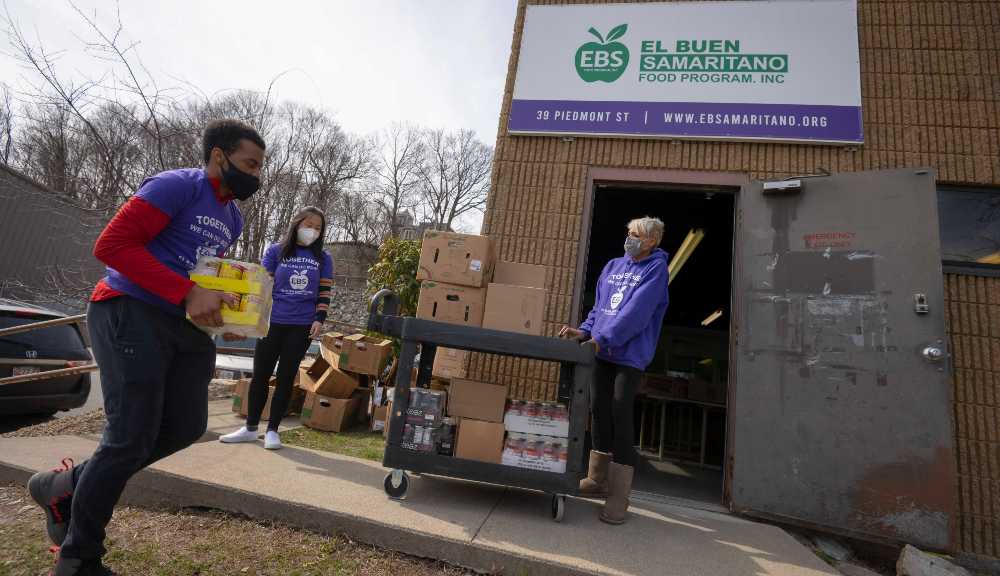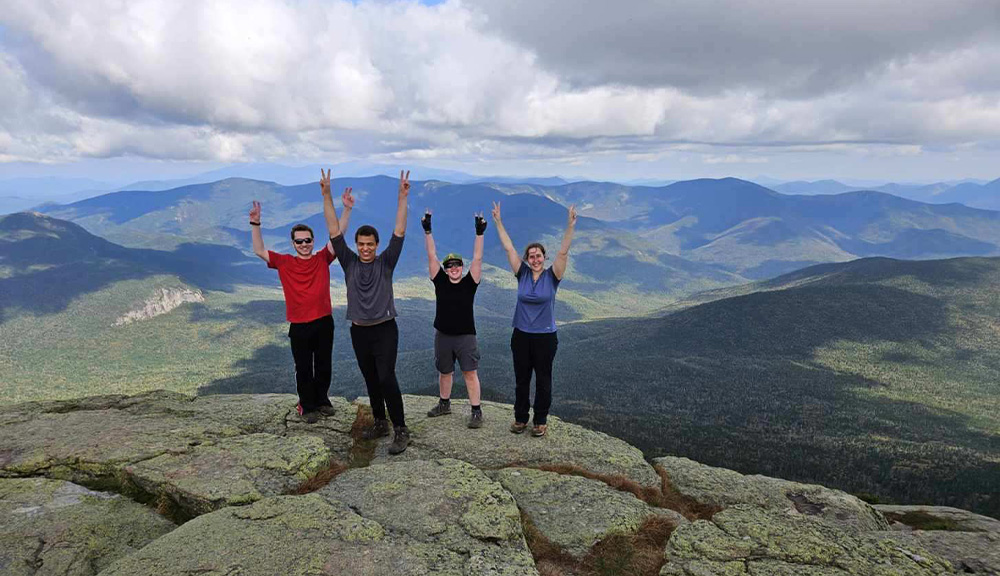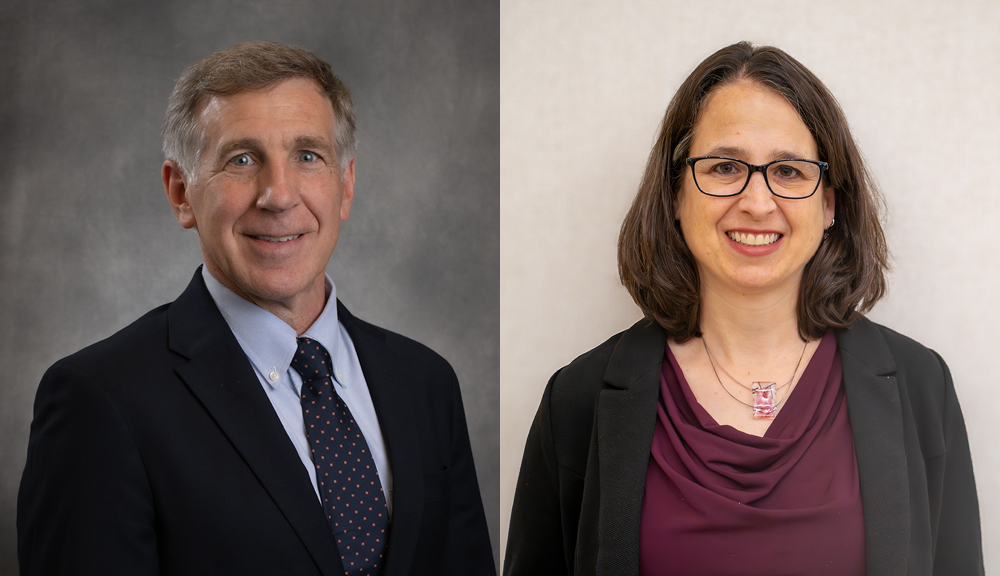A cornerstone of a WPI education is the Interactive Qualifying Project (IQP), a project that requires student teams to delve into a problem that matters to real people—creating positive change in local communities around the world.
WPI students have the opportunity to impact local communities around the world, including right in WPI’s own backyard at the Worcester Community Project Center (WCPC).
Operating in four of the five academic terms throughout the year, the WCPC gives students the opportunity to collaborate with social justice and environmental policy organizations such as Habitat for Humanity, various refugee and immigration organizations, Park Spirit of Worcester, Abby’s House, the Boys & Girls Club, and many more. Each term, the WCPC aims to have four to six project options available to students: at least one working with a government actor, and at least three with nonprofit organizations.
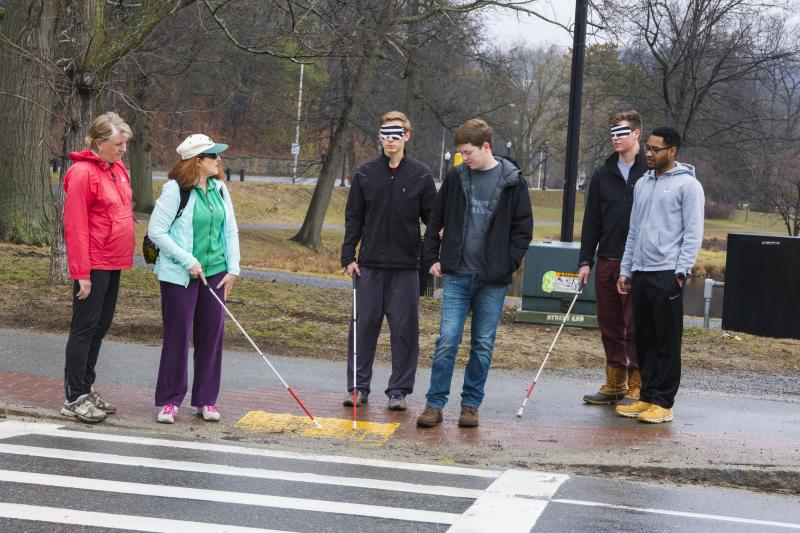
WPI students completing their IQP at the WCPC
spent an afternoon learning about how to improve
city accessibility for the blind or visually impaired.
“We strive to work with organizations that are focused on pressing issues facing the greater Worcester community, be it immigration, environmental preservation, education, or housing issues,” says Corey Denenberg Dehner, associate teaching professor of Interdisciplinary & Global Studies and WCPC director. Laura Roberts, the project center’s assistant director, joined WPI after years working at various nonprofits throughout Boston.
While some might consider conducting an IQP at the WCPC not as diverse or global as time spent at other project centers, Roberts explains that’s not the case, and that students don’t have to go far to have a global experience. “In recent years, Worcester welcomed more refugees than any other city in Massachusetts,” she says. “There are many community organizations in Worcester that exist to support this growing population, and the WCPC is very fortunate to be able to partner with several of them on projects.”
Recent partnerships include collaborations with the YMCA of Central Massachusetts and Acentria Care Alliance on how better to serve newcomer populations, as well as the development of a resource guide for immigrants and refugees with Shalom Neighborhood Center. “After completing these projects, students commented that they were surprised they could have such a diverse, global IQP experience without leaving Worcester,” she explains. Dehner and Roberts are also dedicated to ensuring that students who complete their work at the WCPC become civically engaged and passionate about their local communities.
“Part of our goal at the WCPC is to help our students realize how important it is to be engaged with your community,” Dehner says, adding that many students continue to volunteer with organizations they worked with, and are sometimes even offered jobs after graduation. “Whatever community means to you or whatever community you live in, as a resident, it’s your responsibility to contribute to it.”
“Part of our goal at the WCPC is to help our students realize how important it is to be engaged with your community. Whatever community means to you or whatever community you live in, as a resident, it’s your responsibility to contribute to it.” -Corey Denenberg Dehner
Over the years, hundreds of students have completed project work to have a hand in keeping Worcester moving forward, making it a more socially responsible, healthy, and environmentally and pedestrian-friendly city.
“They work so hard, I’m proud of them,” Dehner says. “You get so much time with these students, and you see the hills and valleys and the students’ growth. The IQP is simultaneously overwhelming and exciting and challenging.”
Students choose to complete their IQPs at the WCPC for a variety of reasons. Ben Aldrich ’19 saw it as a great opportunity to interact with and learn more about the city surrounding WPI’s campus, while Leah Navickis ’19 wanted the opportunity to give back to the local community.
For Fatin Alkhaledi ’19, her decision was twofold: in addition to having the chance to contribute to research that takes place in Worcester, she was able to stay near her home to continue looking after her three children. “I’m so proud of myself as a WPI engineering student, and the impact of our project and its findings,” she says.
“It was hard work that demanded a lot of time, organization, and effort, but it paid off because it forced me out of my comfort zone and helped me experience Worcester in different ways,” adds Aldrich, who was a member of Alkhaledi’s IQP group. “I also developed valuable teamwork, communication, and professional skills in the process.”
Students may contact Dehner or Roberts or visit the project center’s website for more information on how to apply.
- By Allison Racicot
